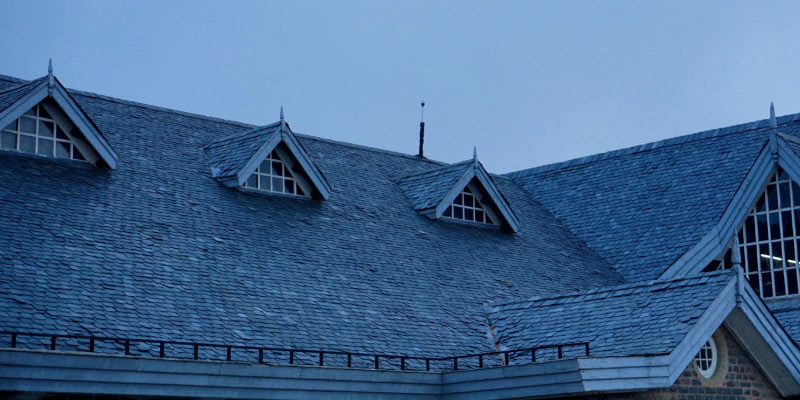
If there’s anything you wouldn’t want to experience as homeowner, it’s a hurricane. A list of whatever you’d lose is also a list of all the reasons you need to weatherproof your home.
As the weather seems to become more and more erratic each year, adaptation is becoming a bigger and bigger priority for homeowners. Thousands of homes across hundreds of counties in the United States have been destroyed by severe flooding and other effects caused by extreme weather. This has pushed people to weatherproof their homes, which also nurtured the market of materials for weather proofing.
Indeed, modifying your home to make it withstand hurricanes and other extreme conditions is an investment you should want to make as fast as you can. That being said, you want to make sure you’re choosing upgrades that will really make the difference.
Here are some tips you might find useful.
1. Secure your roofing
First of all, your roofing has to be reinforced in order to prevent strong winds from ripping it right off the rafters. In this sense, opt for roofing materials that are both windproof and waterproof. In fact, this is one standard you wouldn’t want to ignore when shopping around.
You might be tempted to use metal for your roof, but this is not as practical as you might imagine. For one, metal can easily be dented with enough force. Using steel that’s not reinforced isn’t a good idea, since high winds can easily tear them off and send them flying. In both ways, metal is much more expensive to replace or repair compared to other materials.
High-quality asphalt shingles remain the best option for homeowners due to durability. Still, it’s always safer to find a roofer that knows how to weatherproof your home. Sure enough, you will find such a contractor in hurricane prone areas such as South Florida, if you happen to live there.
2. Reinforce your windows
When it comes to windows, you want to apply the same principles as you did in improving your roofing.
Make sure to choose glass panes that can withstand winds of up to 150 mph. Most high-impact windows are fitted with laminated glass which allows for heat transfer as well as added durability. You can also install tempered-glass designed to withstand projectile damages.
In shopping for materials for your window, remember to look for sturdy and durable window frames to support them. Whether you use steel or wood for your frames, remember to put up added support to complement the strength of the glass.
3. Do repairs and upgrades
It’s always best to consider doing major repairs around the house. Building materials can deteriorate over time, making them more susceptible to weather effects. This would entail higher costs in repairing the home. Leaks, for instance, can reach electrical outlets and cause a short circuit, which adds to your home maintenance budget.
That being said, it’s important to perform an inspection every now and then to determine any need for repairs. This will enable to spot potential deterioration early on, allowing you to determine whether you should perform a major fix or an upgrade.
Upgrades are great for securing your home from any extreme weather. By doing away with outdated materials, you are able to fully weatherproof your home and prepare yourself for any eventuality.
